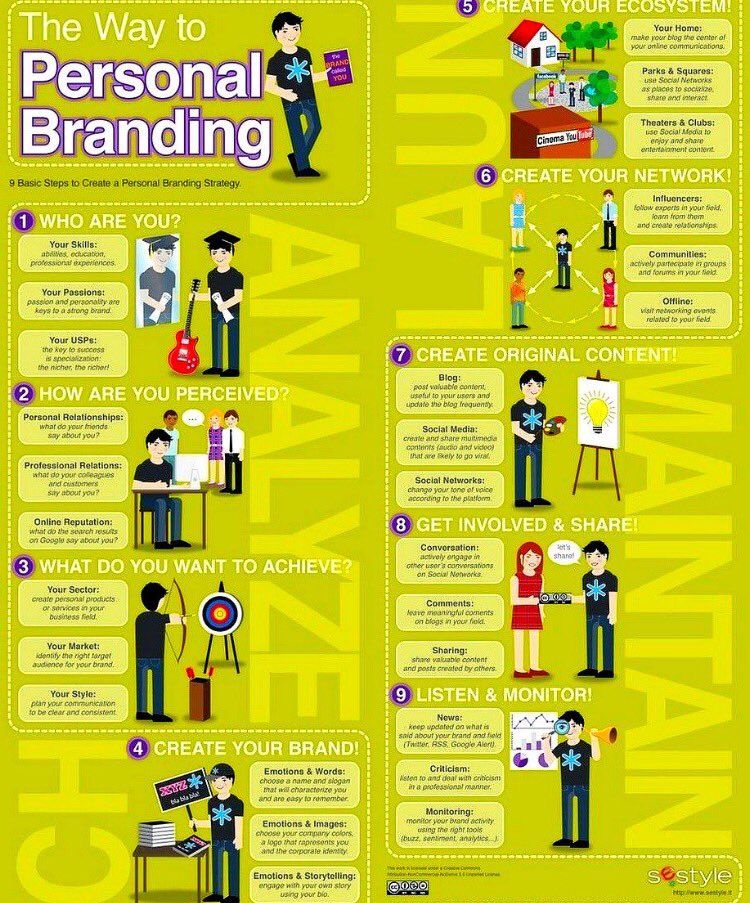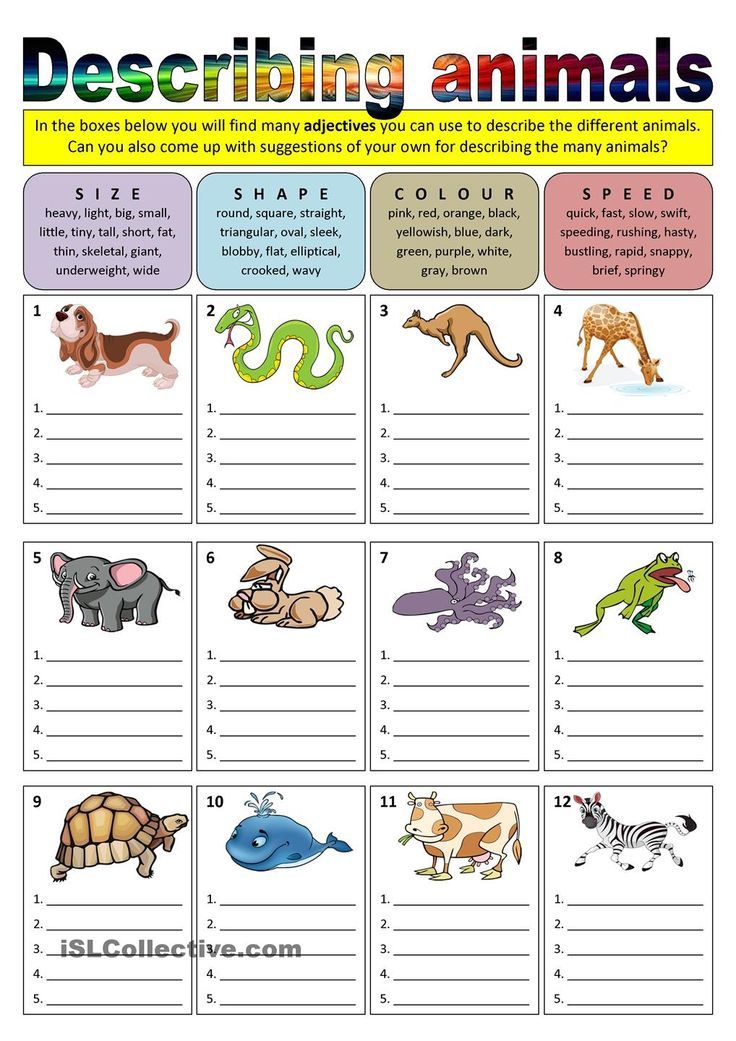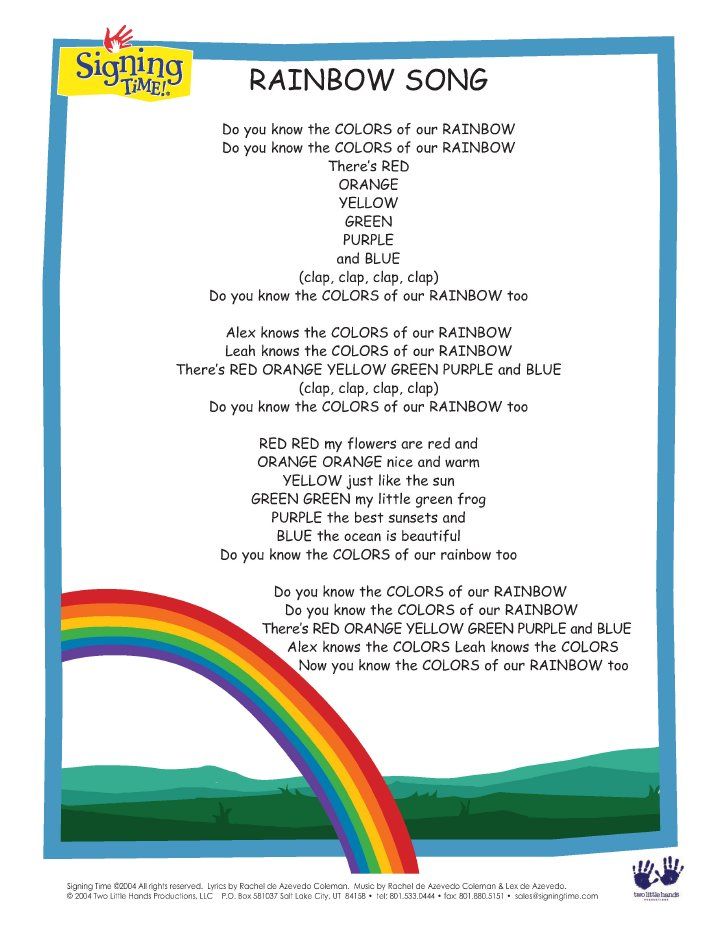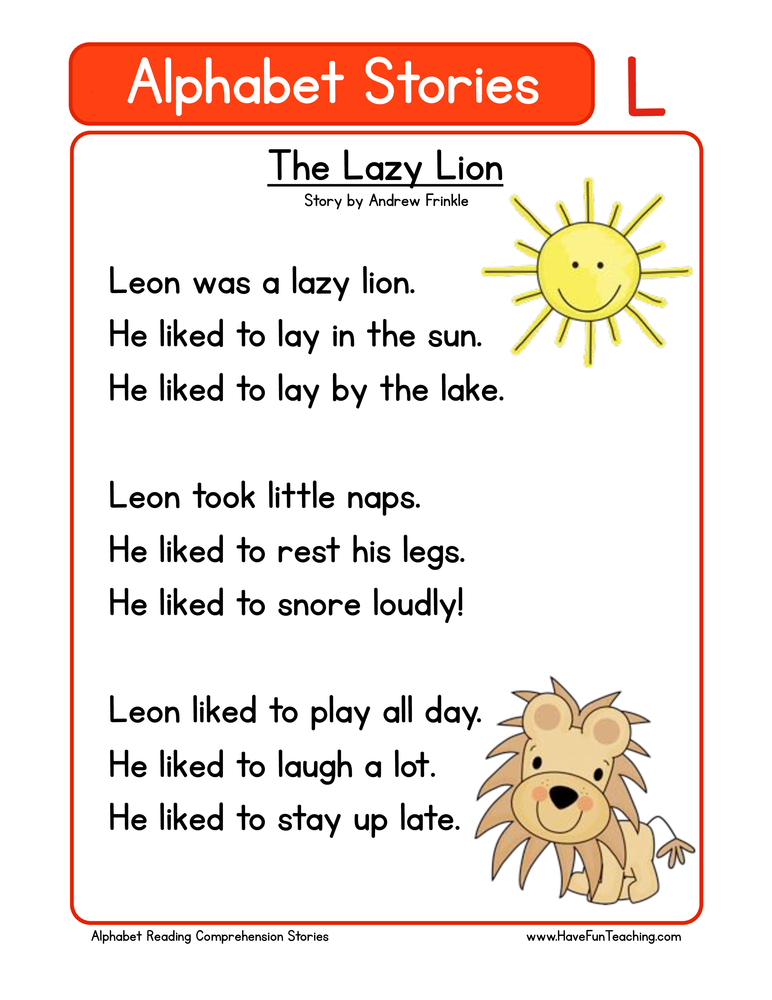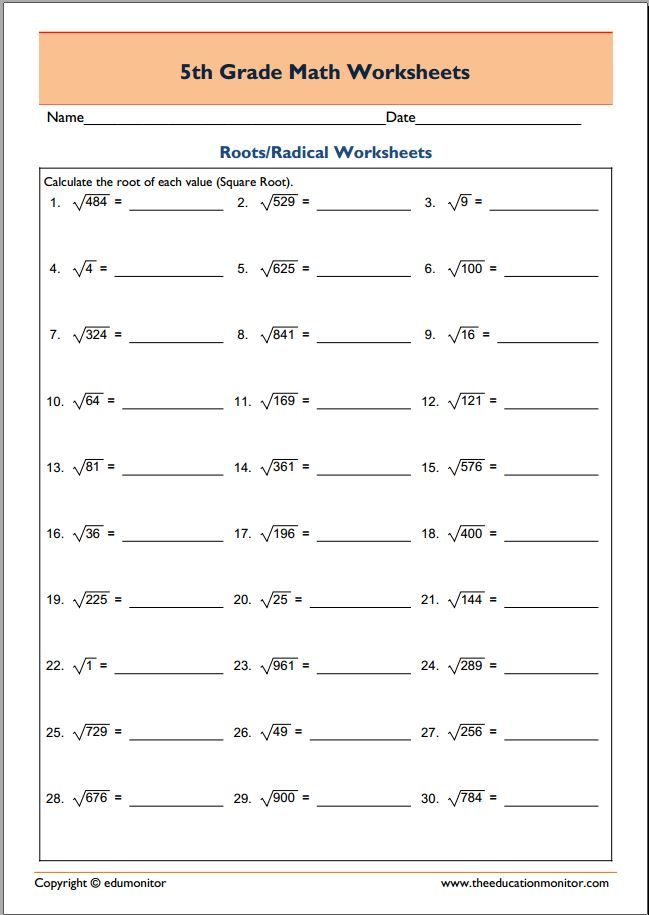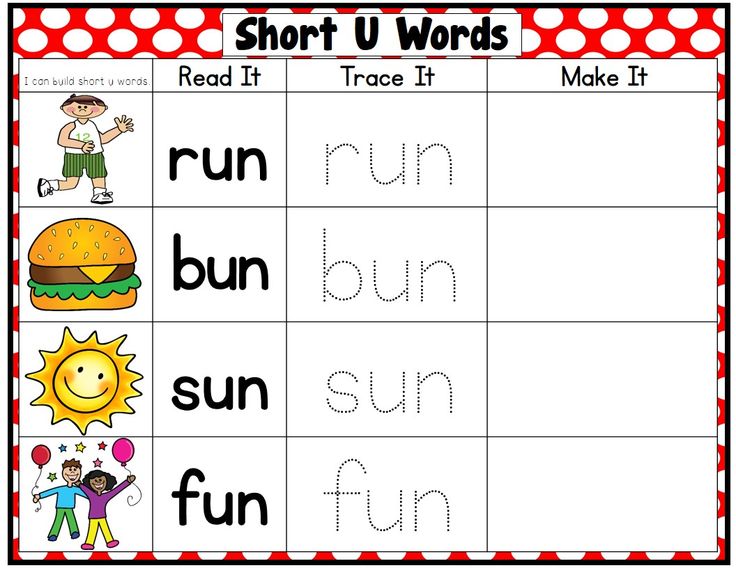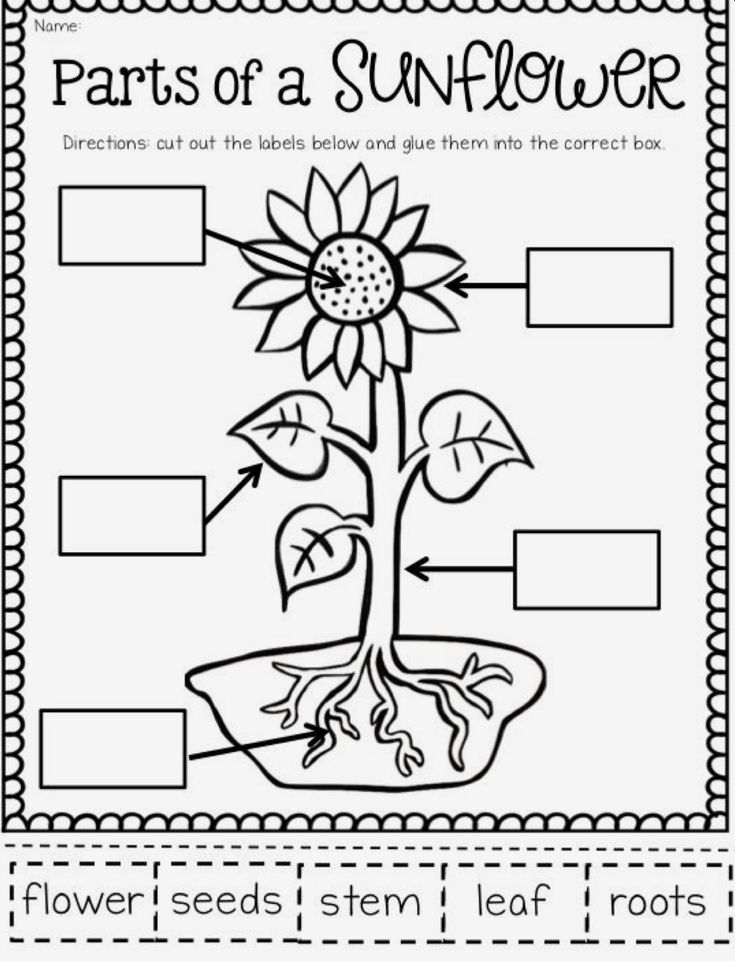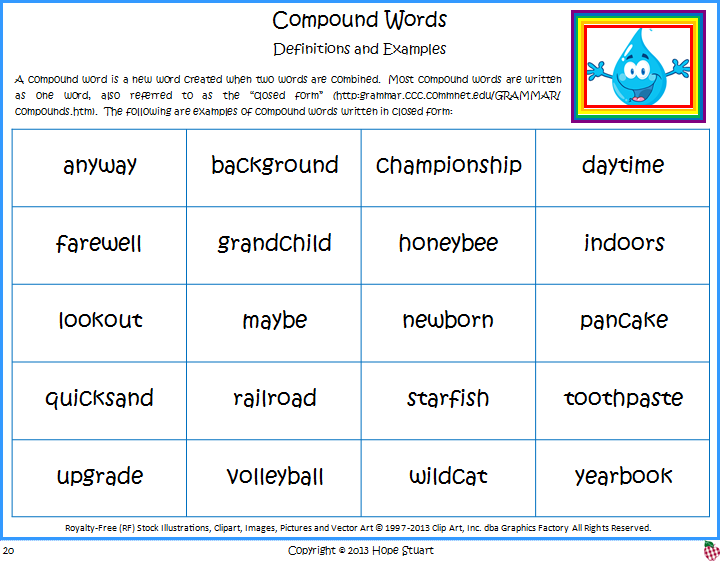Words that have the long i sound
Long Vowel Sounds: Word Lists & Activities
Phonics | Spelling
ByDelilah Orpi
This post may contain affiliate links, and I will earn a commission if you purchase through these links. Please read the disclosure policy for more details.
Sharing is caring!
12884 shares
- Share
- Tweet
In this post, I’m breaking down long vowel sounds (or long vowel words) to help you teach them when working with struggling readers and spellers.
Looking for long vowel word lists? Download all 5 of my pdf long vowel sounds word lists in my freebies library by joining my email list below.
What is a long vowel sound?
Long vowel sounds are vowels that are pronounced the same as their name. You’ll often hear teachers say that long vowels “say their name”.
Long vowels are very common but they can be tricky because there are so many spellings for each long vowel sound.
There are actually 4 ways to make long vowel sounds:
- Vowels at the end of a syllable make the long sound. For example, in the words me and halo (ha-lo) the vowels are all at the end of a syllable so they make the long sound.
- Silent e makes the previous vowel long. The words bike and phone have a silent e at the end that makes the previous vowel long.
- Vowel teams can make the long sound. Vowel teams work together to make one sound, and usually, it’s a long vowel sound. For example, boat and meat both have vowel teams that make the long sound.
- I or O can be long when they come before two consonants. In words like cold and mind, i and o make a long vowel sound.
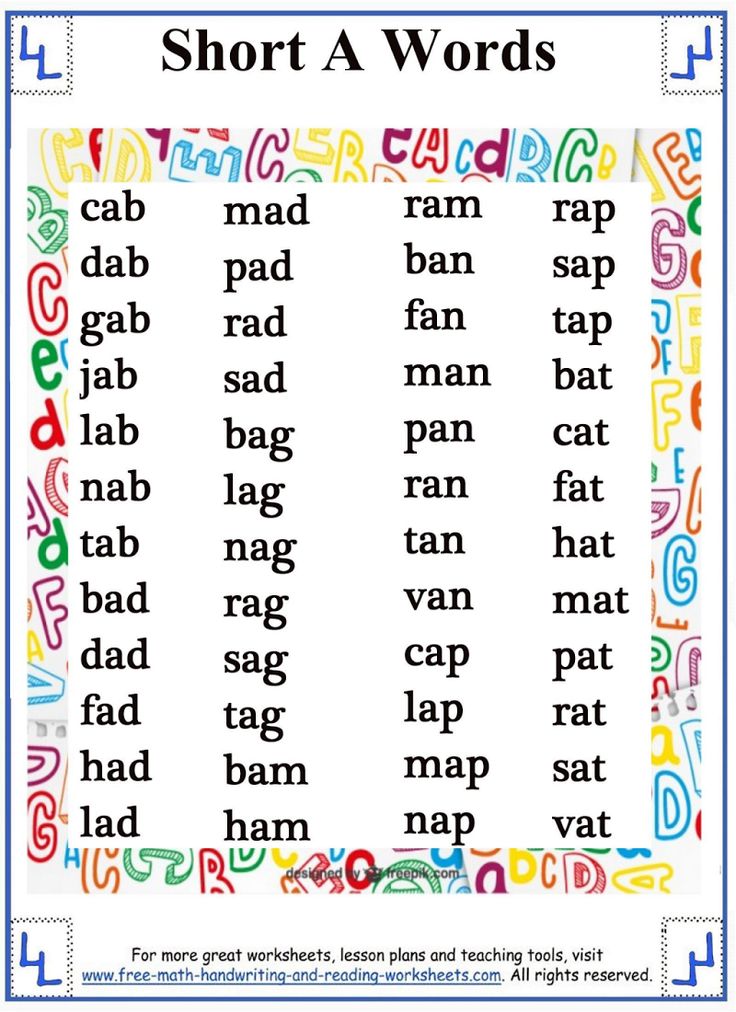
Long Vowel Words
Long vowel sound words are words that have vowels that say their name. Below are a few examples:
- Long a – baby, cake, rain, day, they, weigh
- Long e – me, eve, hear, meet, piece, candy
- Long i – silent, bike, light, my
- Long o – go, home, toe, boat, snow
- Long u – music, mule, pew, feud
Long A Sound
The long a sound can be represented by 8 different spelling patterns:
- a – baby
- a_e – cake
- ai – rain
- ay – play
- ei – reindeer
- eigh – weight
- ea – steak
- ey – they
Learn more about teaching the long a sound here, and check out my Long A Words Activities & Worksheets for printable activities.
Long E Sound
The long e sound can be represented by 8 different spelling patterns:
- e – be
- e_e – eve
- ee – meet
- ea – beach
- ei – protein
- ie – piece
- ey – key
- y – candy
For ideas, tips, and tricks when teaching the long e sound, read this post all about teaching the long e vowel sound
, and check out my Long E Words Activities & Worksheets for printable activities.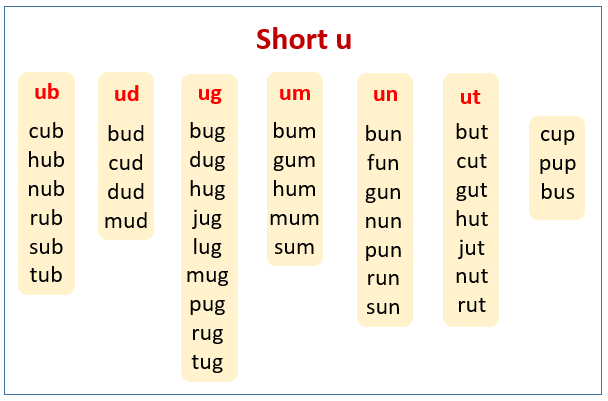
Long I Sound
The long i sound can be represented by 6 different spelling patterns:
- i – silent
- i_e – shine
- ie – pie
- igh – light
- y – my
- y_e – type
You can learn more about teaching the long I sound in this post. And check out my Long I Worksheets set in my shop for printable activities on the long i sound.
Long O Sound
The long o sound can be represented by 5 different spelling patterns:
- o – go
- o_e – phone
- oe – toe
- oa – boat
- ow – snow
You can learn more about teaching long o words and check out my long o worksheets.
Long U Sound
The long u has two sounds: yoo (/y/ /oo/) and oo (/oo/).
The long u sound can be represented by 7 different spelling patterns:
- u – music
- u_e – mule
- ue – rescue
- eu – feud
- ew – few
- oo – food
- ou – soup
Learn more about teaching the long u sound here.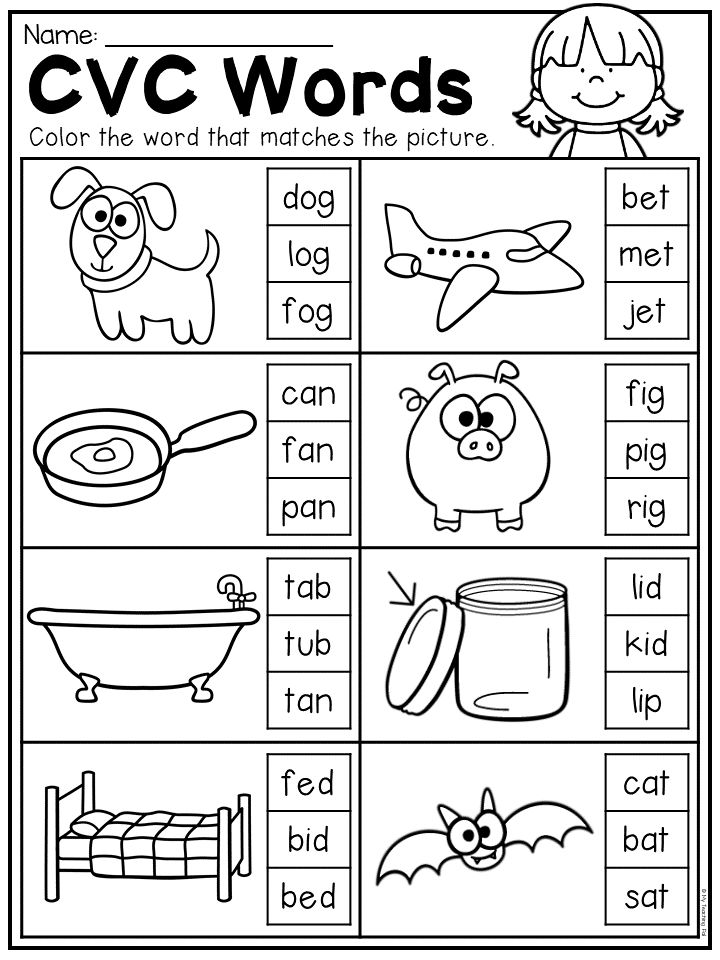
Tips for teaching the long vowel sounds
Teach one spelling pattern at a time!
I don’t mean one vowel sound, but just one spelling pattern. So for example, if you’re working on long a, you would work on the spelling pattern a silent e (cake, same, cave) until students have mastered it, then move on to ai, and so on. You should not be teaching multiple spelling patterns together, even though they make the same sound.
I know that most programs out there combine all the long vowel sound spelling patterns into one lesson, especially in spelling lists, but this does not work for struggling readers. You need to break it down for them and only do one at a time.
Teach the syllable types.
Because syllables have a lot to do with whether vowels make the short or long sound, if students do not already know the 6 syllable types then teach them along with the long vowel sound.
Here are resources for each syllable type:
- closed syllable
- open syllable
- final silent e syllable
- vowel team syllable
- r combination syllable
- consonant le syllable
Use a variety of activities to practice each spelling pattern.
Games, dictation, word sorts, memory or matching with flashcards, word hunts, textured writing, body spelling, and bingo are all fun ways to practice the long vowel sounds.
The main activity that is often overlooked is dictation. It seems so simple but the task involves listening to a word, deciding on the spelling, and transferring that info to written form. These are all skills that struggling readers need to practice.
Teach the spelling generalizations.
Some of the long vowel spelling patterns are spelling rules that make it easy to remember.
For example, ai is usually found at the beginning or middle of a syllable, and ay is usually found at the end of a syllable. [Examples: rain, aim, play, daytime]
Here is another example with long o: oa is usually found at the beginning or middle of a word, and ow is usually found at the end. [Examples: boat, coach, snow]
Long Vowel Word List
I made these word lists to help teach the long vowels.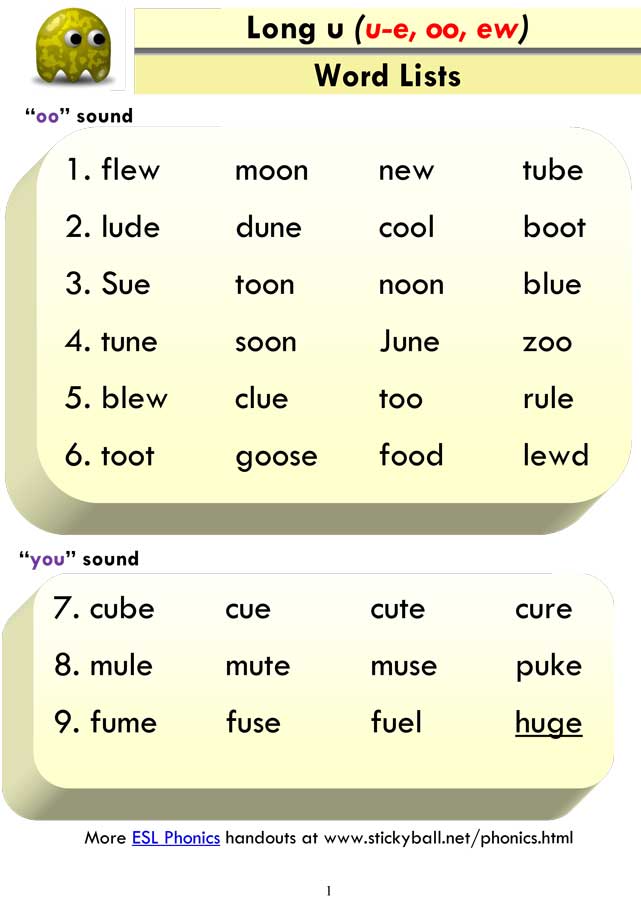 I find it handy to have these on hand when playing phonics games or planning activities for long vowel lessons.
I find it handy to have these on hand when playing phonics games or planning activities for long vowel lessons.
Grab them for free below!
Visit my Teachers Pay Teachers shop to see all my literacy products.Want to remember this? Save Long Vowel Sounds: Word Lists & Activities to your favorite Pinterest board!
Sharing is caring!
12884 shares
- Share
- Tweet
Delilah Orpi
Delilah Orpi is the founder of Thrive Literacy Corner. She has a Bachelor's degree in Special Education, a Master's degree in TESOL, and is a member of the International Dyslexia Association. She is an experienced educator and literacy specialist trained in Orton Gillingham and Lindamood Bell. Delilah creates literacy resources for educators and parents and writes to create awareness about dyslexia and effective literacy instruction based on the science of reading.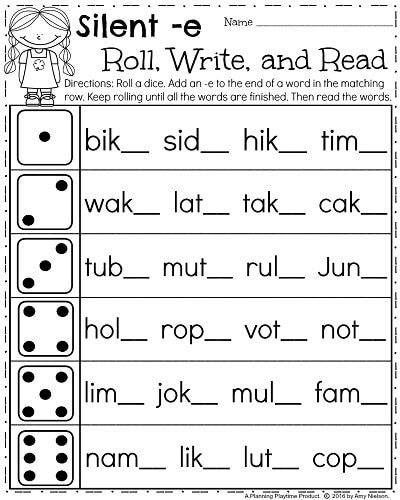
Similar Posts
Phonics
All About The Schwa Sound
ByDelilah Orpi
Did you know that the schwa sound is the most common vowel sound in the English language? And despite this, it is a tricky sound to teach, especially when it comes to spelling. In this post, I break down the schwa sound so you can confidently teach your students all about the schwa! What is…
Read More All About The Schwa SoundContinue
Phonics | Reading Comprehension | Spelling
Highly Effective Dyslexia Interventions and Programs
ByDelilah Orpi
With dyslexia being estimated as occurring in 1 out of 5 students in a typical classroom, you might be looking for some effective dyslexia interventions and programs.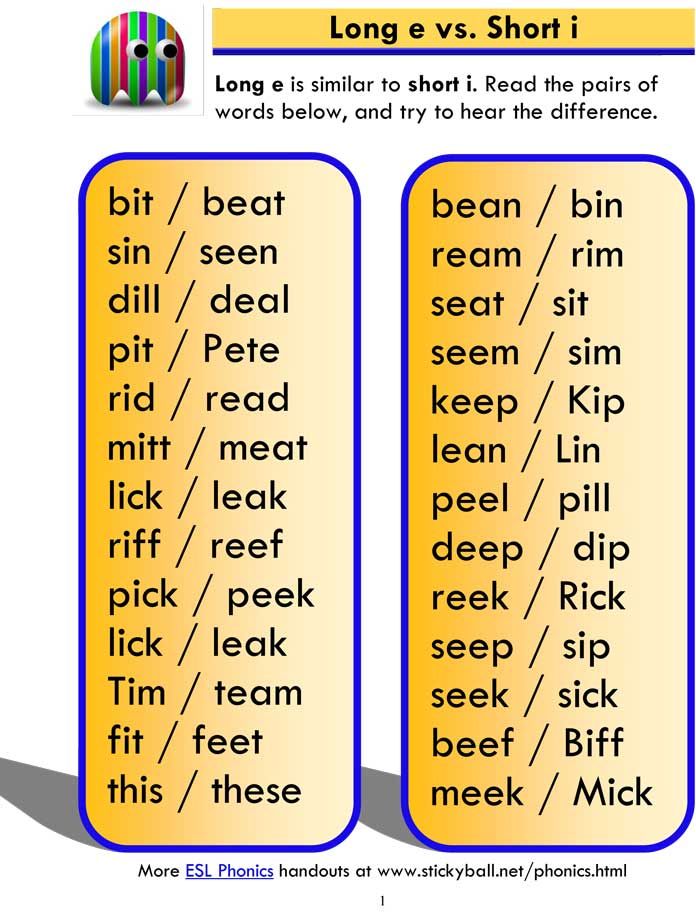 Before explaining strategies you can use to help dyslexic students, you should really understand dyslexia. It is a language-based learning disability that will require a multisensory, structured language…
Before explaining strategies you can use to help dyslexic students, you should really understand dyslexia. It is a language-based learning disability that will require a multisensory, structured language…
Read More Highly Effective Dyslexia Interventions and ProgramsContinue
Phonics | Spelling
How To Teach The Long O Sound
ByDelilah Orpi
Long O can be a tricky sound to teach because there are a few different ways to spell it. But I’m breaking down how you can easily teach this sound and all its spelling patterns. Plus, I got you covered with my free Long O Words List. You can download the list pictured by signing…
Read More How To Teach The Long O SoundContinue
173+ Long i Vowel Sound Words (Free Printable List)
Grade 1 | Grade 2 | Long Vowels | Vowels
ByKatie
This post may contain affiliate links.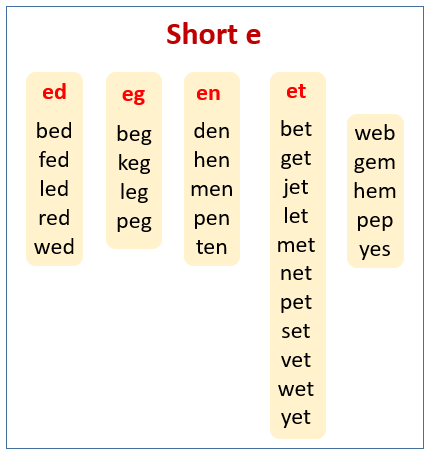 Please see our disclosure policy.
Please see our disclosure policy.
Learn all about long i and the six ways to spell the long i vowel sound: i, i-e, igh, y, y-e, and ie. You will also snag your own free printable list with 173 words with long i vowel sounds!
Get a new freebie every week!
Table of Contents
- All About Long i
- Long i Sound Words
- FAQ & Info
- Related Posts
- Download & Print
All About Long i
Just as with all long vowels, the long vowel sound is the same as the letter name.
- Long a says /ā/ like acorn.
- Long e says /ē/ like equal.
- Long i says /ī/ like ice.
- Long o says /ō/ like ocean.
- Long u says /yoo/ like unicorn, OR /oo/ like ruler.
I usually teach my students a little jingle to remember the sound long vowels make. We pound on the table and chant, “Long vowels say their names.” My students really respond positively to this, and it helps them to remember the sounds of long vowels!
Long i can be spelled 6 different ways: i, i-e, igh, y, y-e, and ie.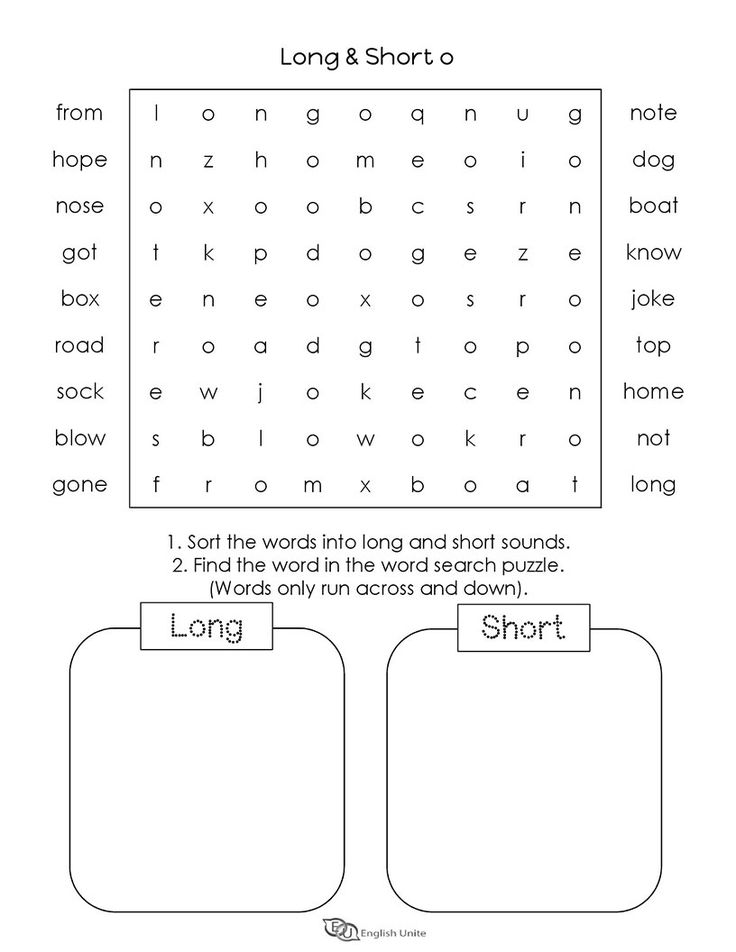 All of these spelling patterns can result in the long i vowel sound. Examples include:
All of these spelling patterns can result in the long i vowel sound. Examples include:
- i like lion.
- i-e like bike.
- igh like light.
- y like fly.
- y_e like type.
- ie like pie.
Long i Sound Words
👉 Scroll to the bottom to download our free, comprehensive long i word list PDF!
i – Open Syllable Words & Wild/Old Words
The letter i by itself will say its long sound when it is the last letter in a syllable. This is called an open syllable. Think about words like hi, li/on, and pi/lot. Since the syllables end in the single letter i, the vowel will make its long i sound.
👉 Exceptions: We also hear the long i sound in many common, but irregular closed syllable words that break the rules.
These ‘exceptions to the rule’ are one-syllable words that end in -ild, -ilt, -ind, and -ist. These are sometimes referred to as Wild, Old Words.
These are sometimes referred to as Wild, Old Words.
Words with open syllable and wild or old words with long i sound:
| lion | kind | climb | hi | quiet | silent |
| I | find | blind | idea | science | bicycle |
| I’m | mind | mild | Friday | iron | Simon |
| I’ll | child | pilot | behind | giant | spider |
| I’ve | wild | item | finally | library | final |
| I’d | sign | trial | decide | China | tricycle |
i-e (Long i with Silent E)
This pattern follows a VCe pattern and results in the letter i saying its name.
Use the sight word ‘like’ to teach this spelling pattern. Write it on the board and ask your students to read it. Because this word is usually one of the first sight words children learn, they should know it automatically.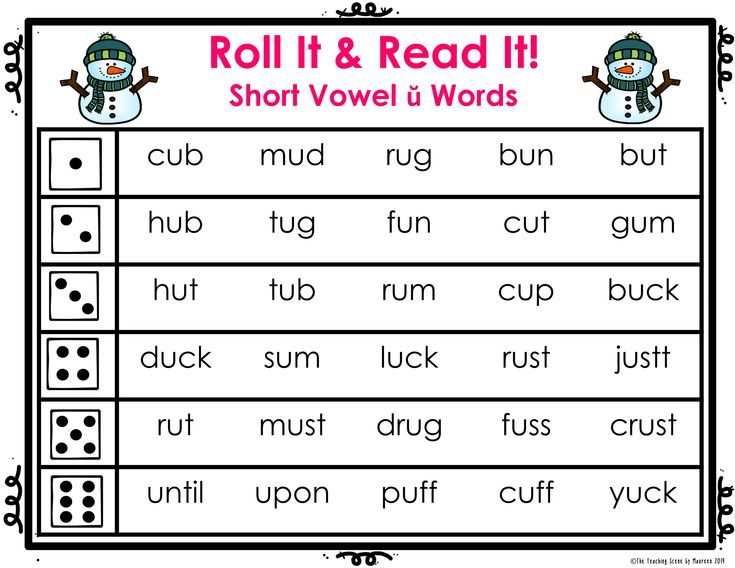 )
)
Follow this general script:
- Teacher: Tap the sounds you hear in the word like. How many sounds do you hear?
- Students: /l/ /ī/ /k/ = 3 sounds.
- Teacher: But we see four letters! When we see i-consonant-e pattern in words, the i will say its long sound. That’s why ‘like’ has a long vowel sound in the middle. Without the letter e at the end, it would say ‘lick.’ Now imagine you raised your hand in class and said “I like my dog.” That magic e at the end is so important because, without it, my sentence would say “I lick my dog.” (Kids always get a hoot out of using this example in a sentence.)
Words with long i with silent e with long i sound:
| bike | smile | bride | exercise | alive | likely |
| time | ride | five | sometime | arrive | provide |
| file | mine | lime | inside | describe | excitement |
| side | kite | slide | outside | combine | aside |
| like | hide | slime | surprise | realize | organize |
| pipe | bite | write | decide | alike | despite |
igh – Vowel Team
Refer to this spelling pattern as “igh – 3 letter i.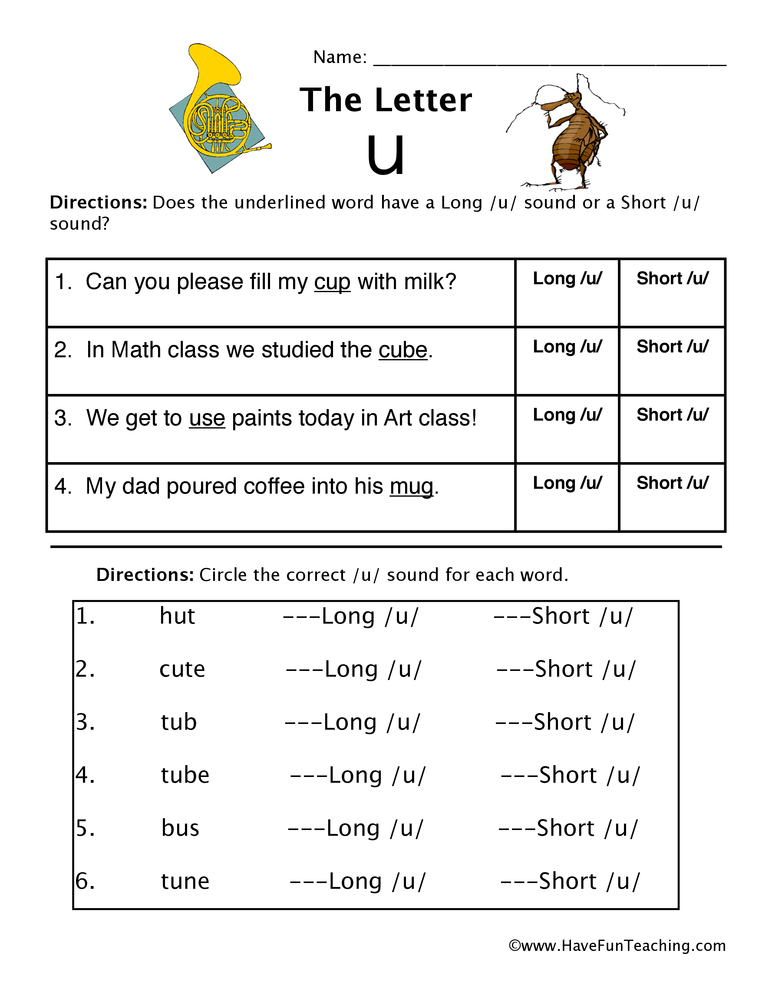 ” It’s a three-letter vowel team. This phonogram is totally irregular and cannot be sounded out.
” It’s a three-letter vowel team. This phonogram is totally irregular and cannot be sounded out.
We learned from The ABC’s and All Their Tricks that this spelling is actually a remnant of Old English and Old German, which is why it looks so strange to us!
Words with vowel team igh with long I sound:
| light | fight | knight | flashlight | highest | moonlight |
| right | sight | fright | higher | lightning | upright |
| might | tight | Dwight | tonight | mighty | eyesight |
| night | sigh | twilight | fighting | highway | sightsee |
| high | slight | tighter | frighten | midnight | skylight |
| bright | flight | fortnight | sunlight | delight | tighten |
y – Vowel
Remember told old saying: “A, E, I, O, U and sometimes Y.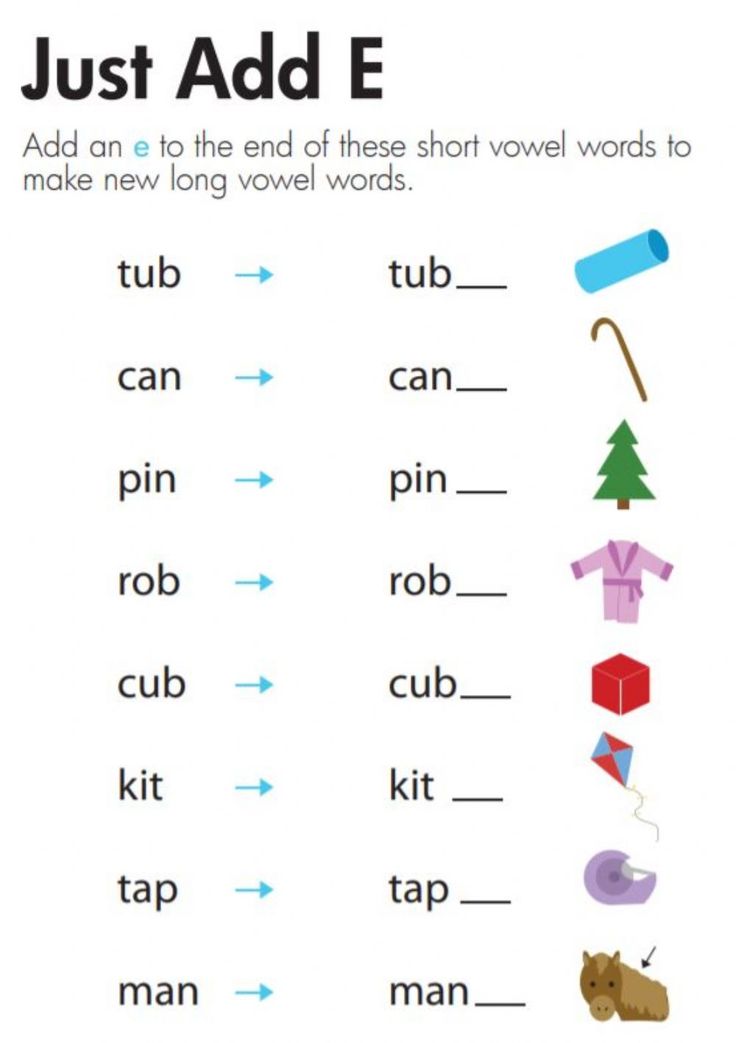 ” Well, let’s teach our students the rules for when the letter y actually is considered a vowel. They can know for sure when that “sometimes” really occurs.
” Well, let’s teach our students the rules for when the letter y actually is considered a vowel. They can know for sure when that “sometimes” really occurs.
👉 Y is considered a vowel when it comes at the end of a syllable or word.
👉 When Y is at the end of a root word, it makes the long i sound.
Multisyllabic words where the vowel y makes the long I sound:
| fly | dry | dying | drying | deny | nylon |
| by | myself | shy | satisfy | multiply | occupy |
| my | cry | reply | hydrogen | magnify | cyclone |
| why | sly | spy | butterfly | neaby | modify |
| try | lying | thy | classify | Wyoming | recycle |
| sky | July | defy | apply | cyclops | tyrant |
y-e (Long Y with Silent E)
When y is in the middle of a word, it is also considered a vowel.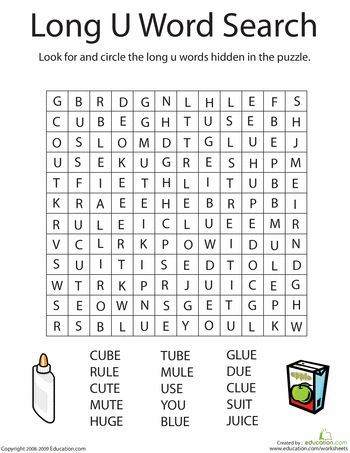
When a syllable follows a y-consonant-silent e pattern, the y makes the long i sound. Many of these words come from Greek, and the y makes the sound of i.
| type | lyme | Bryce | style | analyze | genotype |
| hype | Clyde | byte | typewriter | archetype | freestyle |
| Kyle | hyde | thyme | paralyze | argylye | gigabyte |
| lyme | Lyle | tyke | enzyme | hairstyle | mistype |
ie – Vowel Team
IE is a vowel team. When it comes at the end of a root, it makes the long vowel i sound.
There are only a handful of words that include this vowel team, so teaching these four words together as a word family may be a better approach than teaching and reviewing the vowel team.
| pie | die | lie | tie |
FAQ & Info
What are the best ways to teach long vowels?
Begin by solidifying the difference between long and short vowels.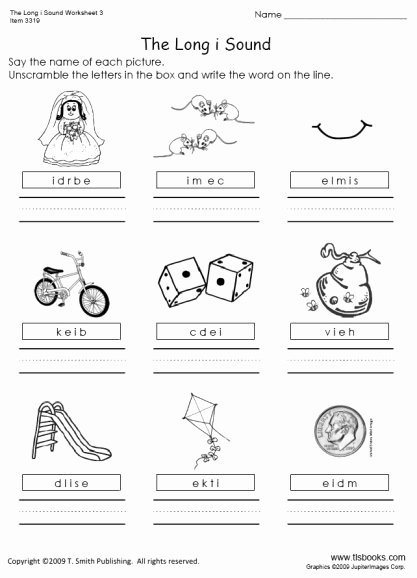 Use hands-on activities, manipulatives, and orthographic mapping activities. Vowel sorts are also great activities.
Use hands-on activities, manipulatives, and orthographic mapping activities. Vowel sorts are also great activities.
Should I teach all long vowel spellings at the same time?
You should not teach all long vowel patterns at the same time. Follow a scope and sequence that targets skills systematically to build a solid foundation.
Do I use all the words on the Long Vowel Word List?
Only choose words from the list that follow the phonics skills you’ve already taught. For example: When teaching the long y spelling for long i, do not use the word “city” with students if you haven’t already taught the soft sound of c says /s/.
Related Posts
👉 Get the rest of the printable Long Vowel Word Lists: Long A, Long E, Long O, and Long U!
- Long & Short Vowel Sorts
- Silent E Worksheets
- Magic Wand Silent E Printable
Download & Print
We hope you can use many of the words on this list as you teach the long i vowel sound.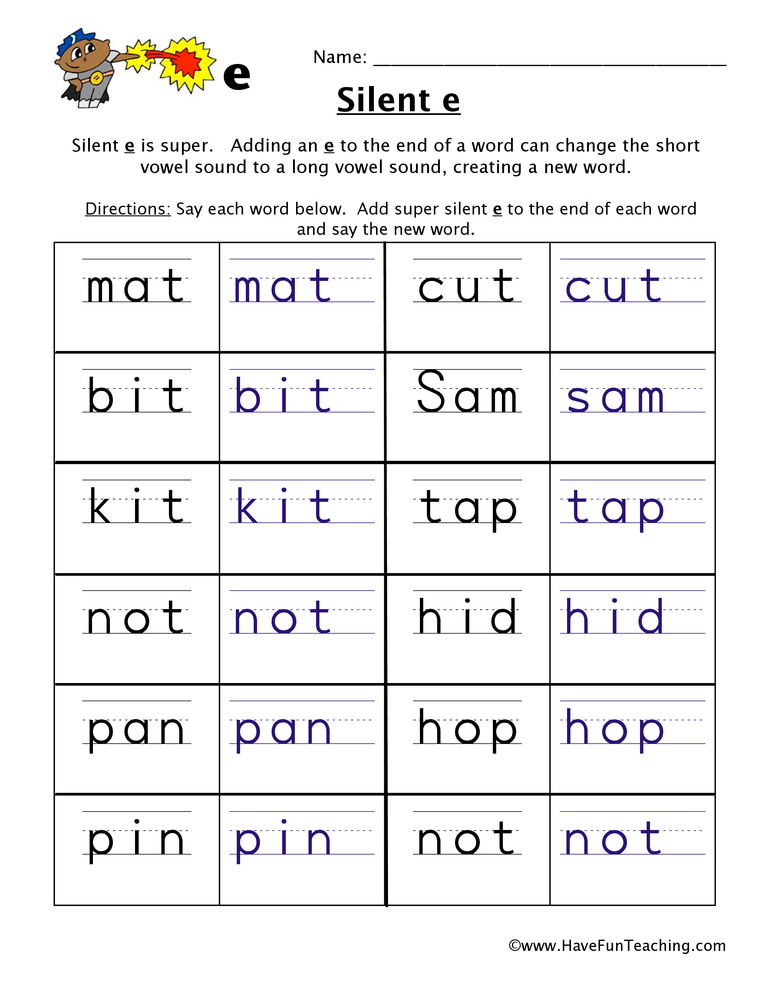 Please comment below or tag us on Instagram @Literacylearn to tell us your best tips for teaching long i.
Please comment below or tag us on Instagram @Literacylearn to tell us your best tips for teaching long i.
Subscribe and Never Miss a Freebie!
TERMS: All resources and printables are designed for personal use only in your own home and classroom. Each person must visit this site and download their own free copy. Please do not photocopy, email, or reproduce our printable resources for other teachers, and please do not reproduce our printables on the web or save them to a shared drive. Instead, please share the resources with others by using the social share links provided or by distributing the link to the blog post itself. This allows us to keep making free resources for everyone! If you have any questions, please email us. Thank you!
Words, expressions and phrases that annoy people the most - November 29, 2019
Maybe after that we began to be afraid of the word "last"?
Photo: Karl Bryullov, "The Last Day of Pompeii"
Share
people who are enraged by "sweets", "extreme times", "nice", "lois" and other amazing expressions. nine0009
Different words appeared in the top hatred in each region. Novosibirsk is sad when it hears "ok", "thrash" and "fire". Krasnoyarsk most often rages because of the words "zashkvar" and "brother". The Samara top includes "thank you" and "darling". And Chelyabinsk blushes with irritation, one has only to say "extreme", "IMHO" and "soryan".
The bolder the word is highlighted, the more claims it caused. Although each region had its own leaders (for example, in Samara it turned out to be “favorite”, in Rostov-on-Don - “yummy” and “cookie”, and in Yekaterinburg - “theirs” and “easy”), in total the picture turned out like this
Photo: Polina Avdoshina / Network of city portals
Share
With these words, we turned to experts: poet Alexander Kerdan, associate professor of the Russian language department of general linguistics and speech communication of UrFU Sergey Danilov, as well as poet and curator of literary projects Yulia Podlubnova. They told what is wrong with the modern language and what to do if the distorted phrases hurt the ear.
They told what is wrong with the modern language and what to do if the distorted phrases hurt the ear.
The word "extreme" is disliked as often as it is pronounced
Photo: Hieronymus Bosch, fragment of the painting "Ship of Fools"
Share
How many masterpieces, films, serials and cartoons would sparkle with different colors if their creators replaced the word "last" with "extreme". "Extreme day of Pompeii", "Extreme house on the left", "Extreme rave", "Extreme hero". And how do you like the immortal hit "Last Time" of the group "Bachelor Party"? Hope oozes through it all. The last one, of course.
Back in 1954, the writer and philologist Lev Uspensky wrote about the mention of the word "extreme" in the sense of "last". But in Soviet times, thousands of people used it except in lines. The question "Who is the last one here?" sounded both in stores and in clinics - wherever more than two people lined up at the right window.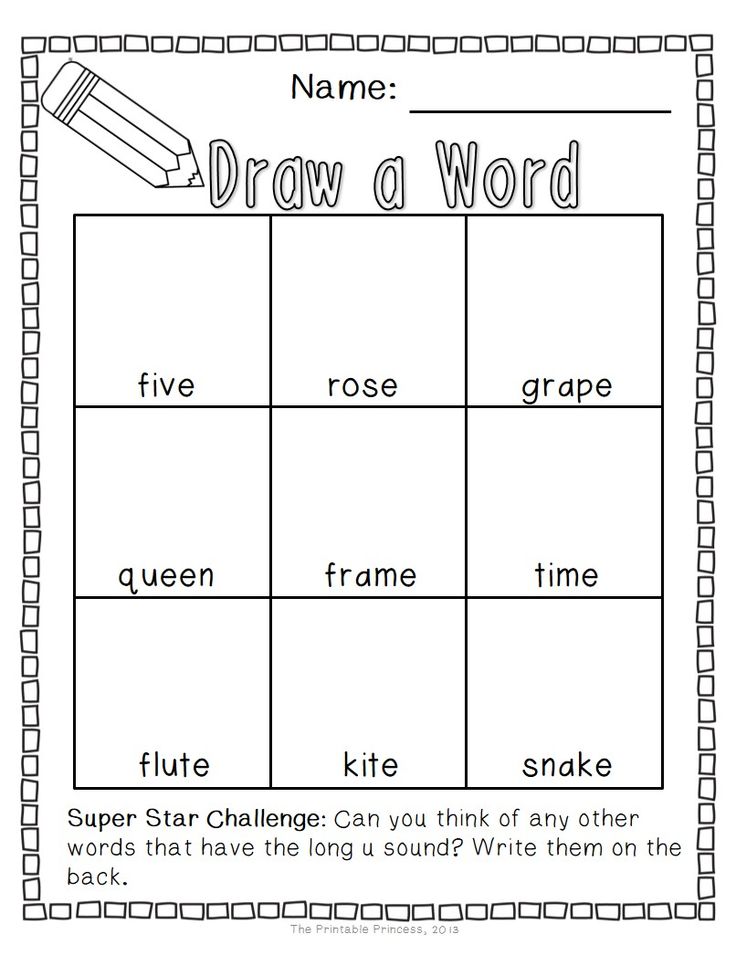 Even then, people began to attribute a bad meaning to the word "last". The situation was brought to perfection by the professional superstitions of pilots, the military and everyone whose activities were associated with a risk to life. nine0009
Even then, people began to attribute a bad meaning to the word "last". The situation was brought to perfection by the professional superstitions of pilots, the military and everyone whose activities were associated with a risk to life. nine0009
- In my practice, this is a purely "Afghan" expression, that is, from those who fought in Afghanistan. Not the last, but an extreme raid, sortie, - says the poet and colonel Alexander Kerdan.
Sentences with the adjective "last" were avoided, so that the same parachute jump would not really be the final one in one's career and life. What people are afraid of when they take the last loaf of bread from the shelf or try to remember the last time they drank champagne is not clear. Showing a military ID, if you start to put it that way, you won't be asked either, but sometimes it's worth turning on your common sense. nine0003
Too tender "favorite", "yummy" and "cream" more often repel
Photo: Pieter Brueghel the younger, "Country wedding"
Share
Excessive tenderness occupied one of the top lines of the rating of annoying words. Diminutive suffixes first conquered the Internet, and then went to the masses. Sometimes it seems that tenderness is broadcast from every box and radio, but it is worth remembering that Russian culture itself is sentimental. People love to make the meaning of words more tender. Thus, a person instinctively wants to tell himself that he is good, kind, and begins to write to his beloved and smear mayonnaise on bread. nine0009
- “Beloved”, “beautiful” can annoy people, but the zone where we want to tell a person something good is the productivity zone. In it we want to be individual and original. Here people grope for pleasant words. True, it doesn’t always look good,” says Sergey Danilov, Associate Professor of the Russian Language Department. - Almost always it turns out that this is a homely, intimate word.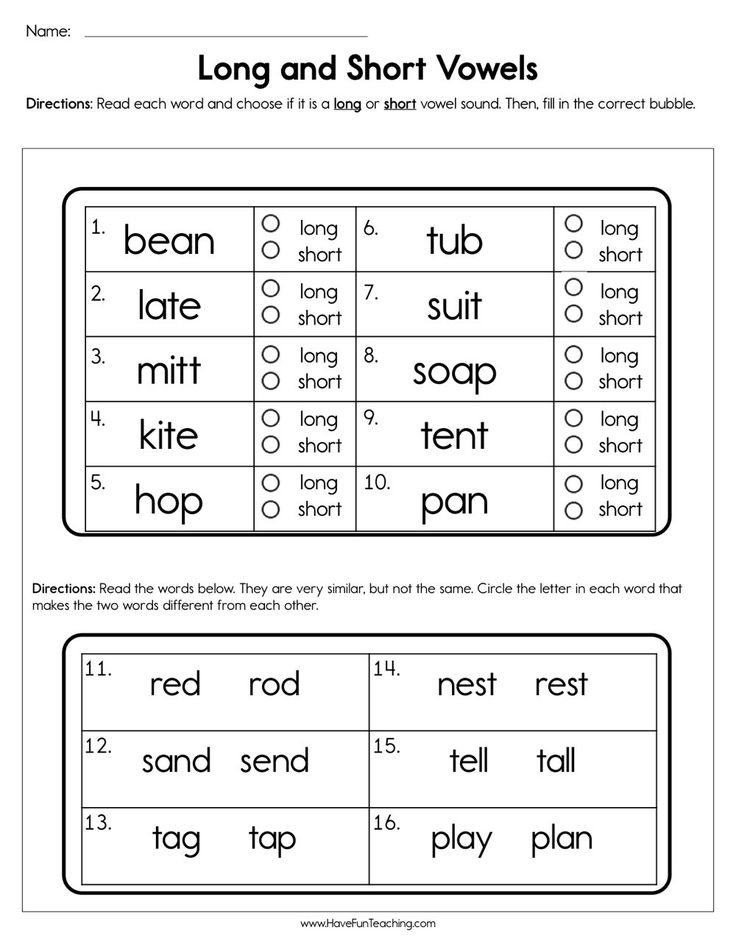 Such words, transferred into a common language, begin to annoy not because they sound bad, but because it is not customary for us to bring the intimate outward. nine0009
Such words, transferred into a common language, begin to annoy not because they sound bad, but because it is not customary for us to bring the intimate outward. nine0009
From the point of view of the language, diminutive forms of words do not violate anything. But when there are a lot of them, it seems that they do not add anything to the speech, and the question arises: “What are you talking about?” If you cannot explain to yourself why you are saying this, this is a signal that you need to deal with yourself. And if you do not understand people who communicate like this, there is only one way out: just do not communicate with them.
As soon as women declare their rights, authors, poets, engineers and editors fall under disgrace
Photo: Pieter Brueghel the Younger, Dance with the Egg
Share
The other side of excessive tenderness is brute female power. Women began to assert their rights to everything more loudly, and feminists began to appear more and more often.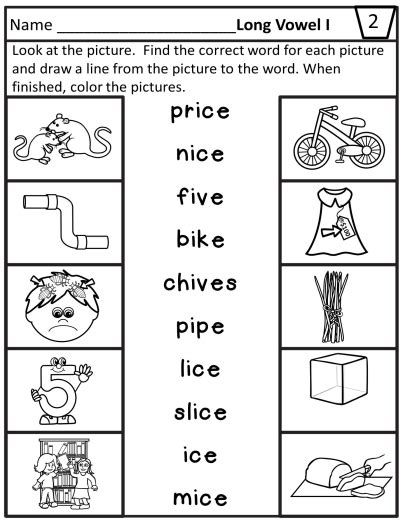 "Authors" and "doctors", like everything new to the language, began to cut the ear for many. But, says the curator of literary projects, Yulia Podlubnova, feminitives have always been in the language, there just happened to be a surge associated with a new wave of feminism in the world and in the post-Soviet space in particular. nine0009
"Authors" and "doctors", like everything new to the language, began to cut the ear for many. But, says the curator of literary projects, Yulia Podlubnova, feminitives have always been in the language, there just happened to be a surge associated with a new wave of feminism in the world and in the post-Soviet space in particular. nine0009
— For feminism, the visibility of a woman in society, in culture, in literature is important. Therefore, say, the word “poet” to designate a woman engaged in poetry and sharing the ideas of feminism is not enough, the poetess in Russian culture sounds somewhat derogatory (Akhmatova did not like being called that), the poet remains, says Yulia Podlubnova. — By the way, such a word actually exists in Polish. A poet, an author, a philosopher is all about the representation of women and their literary/cultural work. I think that feminists will soon become a common place, they will no longer be stigmatized. In general, welcome to a new beautiful world. nine0003
nine0003
"Theirs" became the undisputed leader of the anti-rating
Photo: Peter Aartsen, "Egg Dance"
Share
It would seem that such colloquial expressions are heard less and less, but they make up the top words that lead many to numbness. Especially often, linguistic special forces appear in people's heads when they hear "evon" in all its manifestations. This word took the first line of our rating of angry words. Perhaps due to the fact that these are immortal things that we have heard from our great-grandfathers, we still continue to catch here and there. And if you cringe when someone says that, the best thing you can do is to accept: "evon" and "them" are not going anywhere. They took the same place in the Russian language as the usual speech. nine0009
— If there is no word for “lay”, then where did the word “spoon” come from? - recalls the children's saying, associate professor of the Department of Russian Language, General Linguistics and Speech Communication of UrFU Sergey Danilov. - This is a combination of linguistic circumstances, and they will be. What role will they play? How will the words of uneducated people, colloquial or acceptable, be spoken by all educated people? But the fact that they will not leave the system is for sure.
- This is a combination of linguistic circumstances, and they will be. What role will they play? How will the words of uneducated people, colloquial or acceptable, be spoken by all educated people? But the fact that they will not leave the system is for sure.
As for the wrong accents in the same “you call”, they raise a huge question for the culture of the speaker's speech in the poet Alexander Kerdan. But here everything is not so hopeless. nine0009
— Let's start teaching the culture of speech, oratory again, it is better to select journalists on TV and radio, teach the child to speak correctly in the family, and everything will return to normal! If we do not deal with all this, but continue to “lay down”, and not “lay down”, the losses will be irretrievable,” Alexander Kerdan believes.
Coworking, shopping, streaming, nice, like, challenge, easy: Anglicisms just couldn’t miss the top
Photo: Pieter Brueghel the Elder, Flemish Proverbs
Share
How did we ever live without start-ups, fast food, challenges and workshops? If quite recently many had to tell for a long time what it is, today it is more difficult to explain these phenomena and concepts in Russian words. The same workshop in a literal translation into Russian sounds very peculiar. But this does not exempt Anglicisms from universal shaming (shame is a shame from English).
You can try to defend the Russian language against these words, but resistance is almost useless. It remains only to learn how to write and pronounce them correctly. Well, try not to use such words as "streaming" and "evon" in the same sentence. nine0003
Communicating with interjections is a special skill, but it is better to forget about it
Photo: Pieter Brueghel the Elder, The Cripples
Share
into oblivion, and the distinction between master classes and workshops is completely blurred, then English and near-English interjections are much more interesting.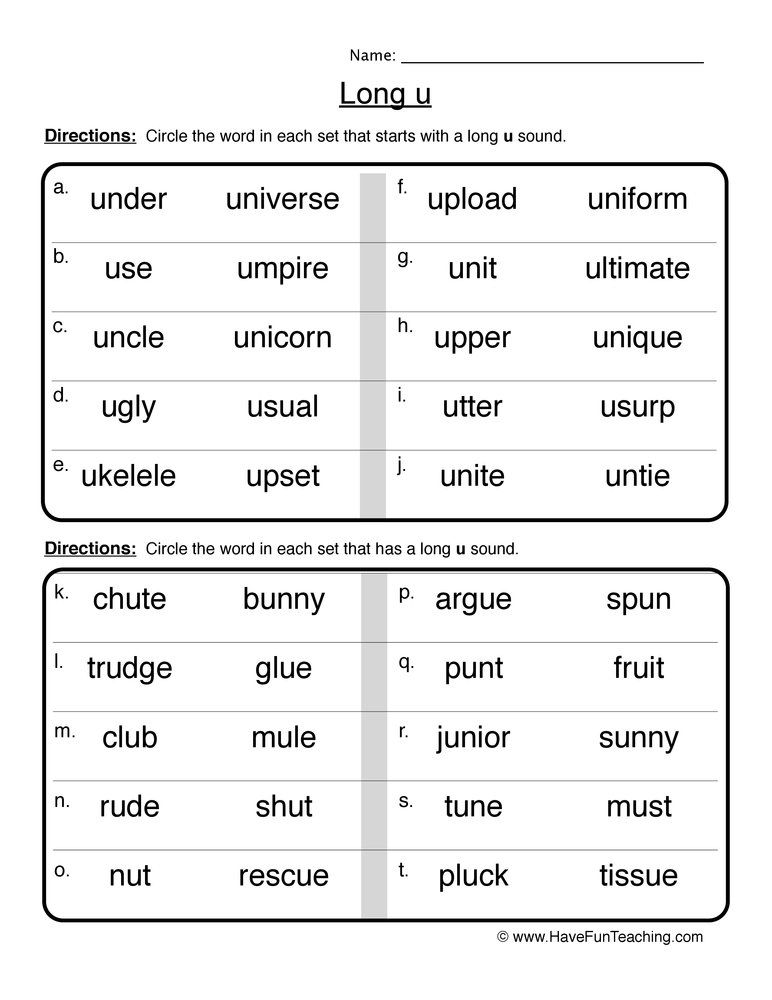 Including because they captured the speech of almost all age groups. This also applies to obscene speech: it seems that if you swore in English, you violated the norms of decency less than if you spoke in purebred Russian obscene language. nine0009
Including because they captured the speech of almost all age groups. This also applies to obscene speech: it seems that if you swore in English, you violated the norms of decency less than if you spoke in purebred Russian obscene language. nine0009
- The interjection stock of the language is quite closed, it does not like to be updated so much. We have such a war of interjections, and this is curious, - says Sergey Danilov. - There is a high probability that "ee", "yo", "ok", "ok", "wow" and others will last in the language for some time. The language itself will choose what it needs and what it doesn't. In many respects it depends on the feeling of whom that annoys.
The Russian language (literary) will not contain all the words
Photo: Pieter Brueghel the Elder, The Parable of the Blind
Share
More than the words themselves, which irritate many who hear them, philologists and researchers worry about those who resonate too much.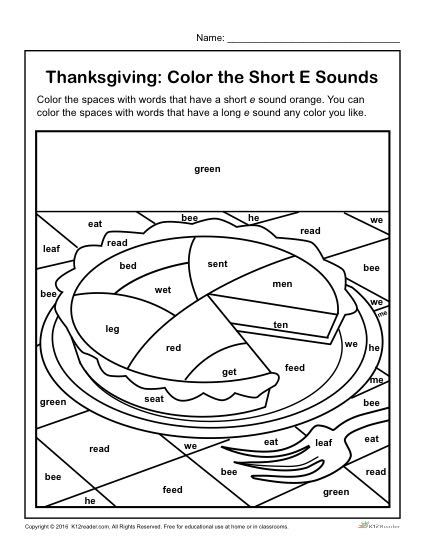 No one could appreciate the excessive irritability. Due to it, according to experts, people want to grow larger, fix their knowledge of the language, which they consider important. But this knowledge is not always valuable.
No one could appreciate the excessive irritability. Due to it, according to experts, people want to grow larger, fix their knowledge of the language, which they consider important. But this knowledge is not always valuable.
- This is irritability for the sake of irritability, the desire to show that I am smarter than the other. There are many ways to convey this, but such a scheme requires treatment. Such schemes clog our thinking,” explains Sergey Danilov. Let's grow up in our own eyes. High calm - when you are not annoyed, but listen carefully, trying to figure out why. This does not mean that the person who expresses himself "incorrectly" is an idiot. He may be saying smart things. I am in favor of more such words. Sometimes they act as markers of someone else's speech, someone else's culture, which needs to be looked at. nine0003
Would you like to add something else to this list? Write in the comments what words infuriate you specifically. We are sure you will find like-minded people.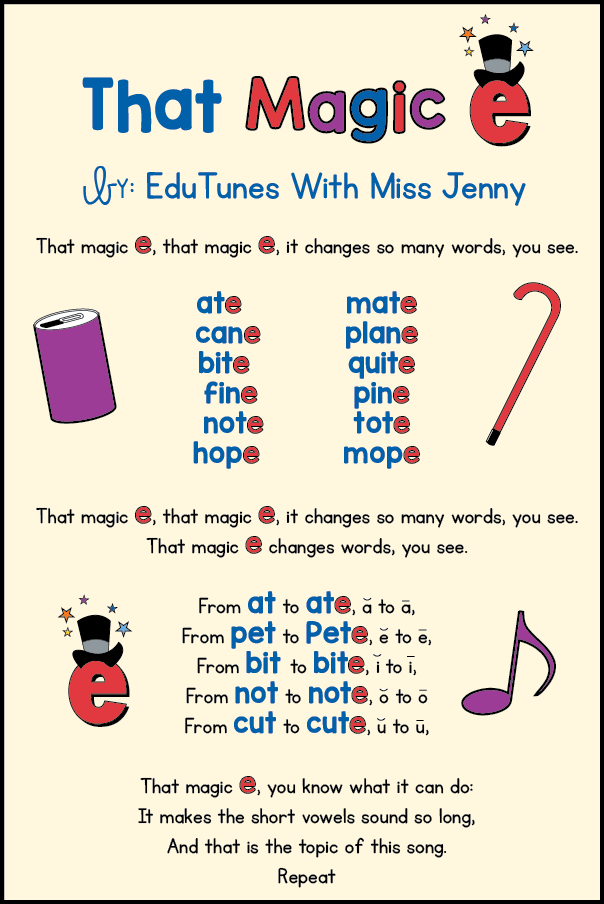
81 annoying expressions in Russian City 812
Writer and philologist Andrei Astvatsaturov compiled a list of words and expressions in Russian that are most annoying. Friends and readers of Astvatsaturov helped in compiling the list. We asked to comment on the “list of annoying words” of the professor of the Russian language department of the Faculty of Philology of the Russian State Pedagogical University. Herzen Valery Efremov. nine0003
- In the list of annoying words there are anglicisms "car sharing", "engineering". What's bad?
- The word "car sharing" is unpleasant for the Russian ear, all these r-sh-r. Moreover, in English it sounds simpler: kasherin. It is a pity that we did not find an analogue for this word: the word "rent" will not work here. Russian people do not like ing endings at all - they are perceived as barbarisms, because we do not have such a sound. We do not say "boxing" - only "boxing" remains.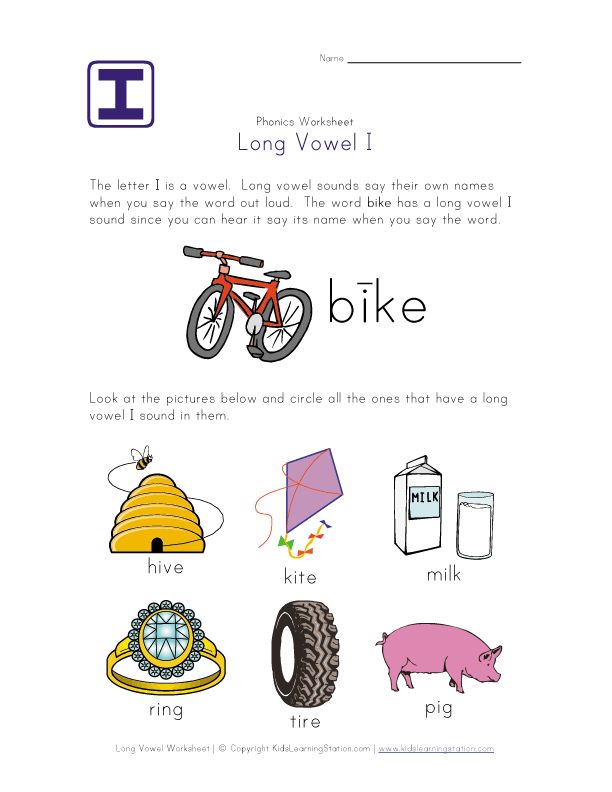 And curling is also hard to take root. nine0003
And curling is also hard to take root. nine0003
– Shopping has taken root.
- Shopping should be left in the dictionaries, because there is such a phenomenon, and it needs a name. After all, shopping is not just a sale and purchase transaction, but a pastime - walking around the store and studying the offer. You can shop all day and not buy anything. If the phenomenon disappears (according to an optimistic forecast - due to Internet commerce, and according to a pessimistic one - due to a return to the Soviet past), then a word will not be needed.
The word "tolerance" is necessary and important. In Russian, it is not a synonym for the word "tolerance", although it is an exact translation of it. In our understanding, tolerance is an agreement to put up with some phenomenon, while grimacing with annoyance. The word "tolerance" does not contain this bad component.
- And the bow, that is, look, in the meaning of "image"?
- It was the hipsters who replicated it.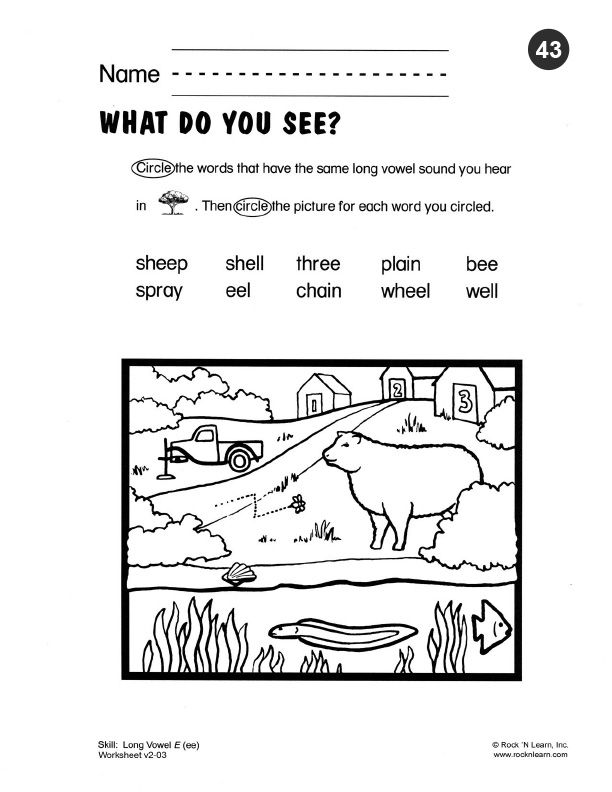 I myself do not like this word, it most likely will not take root. Because this word is already overloaded with meanings: onion is a weapon and onion is a plant. Plus homophone - meadow. nine0003
I myself do not like this word, it most likely will not take root. Because this word is already overloaded with meanings: onion is a weapon and onion is a plant. Plus homophone - meadow. nine0003
– What about tracings from a foreign language “enjoy your coffee” or “make love”?
- The phrase "enjoy your coffee" is both advertising and tracing paper. From American English. It sounds really very pompous, because you can enjoy the music and the picture. These are very strong feelings. It is ridiculous and vulgar to enjoy milk or another drink.
“Make love” is the well-known hippie slogan Make love not war. Or maybe a literal before from French - there is also the expression faire l'amour. The phrase irritates many - and all because our language does not have words for reproductive practices. "Practices", by the way, were also on the list. Do not use the verb "copulate" for us, it is even worse. But the verb "to engage" was also eventually vulgarized. Love is not dancing or mathematics, and it is impossible to do it.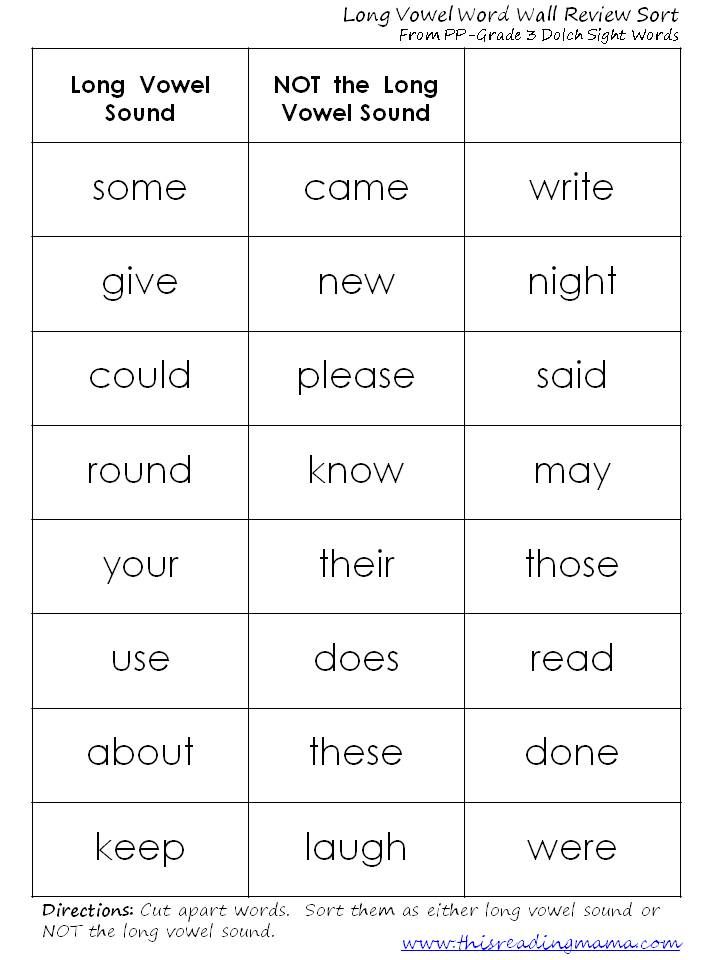 The same can be said about self-development. nine0003
The same can be said about self-development. nine0003
- Listed ad words: "design inspired by nature", "great choice!", "impossible to overestimate", "meet the new soap".
- The language of advertisers is terribly far from Russian. A lot of cripples, a lot of anthropomorphic games: when inanimate objects are presented as animated. Remember the joke: now we know what toilet germs look like? You can meet a dear guest. Equating soap with it means destroying not even linguistic, but worldview positions. nine0003
– What annoys you about the announcement in the subway “Don't forget your things”?
– Announcement of one's things is annoying because: a) things are forgotten, of course: not children; b) of course, their own, but grandmother's.
- But pleonasms, that is, excesses - “very beautiful”, “the most optimal”.
- For glamorous chicks, such phrases look natural, but it's better to speak correctly.
These same chicks like to use the words “positive” and “more positive” - but they are extremely annoying, because they violate the very canons of word formation. I still remember how they tried not to use the words “negative” and “positive” even when referring to photographs. They said: a positive picture and a negative picture. And now the “positive” has taken on a life of its own and has acquired pretexts. It sounds both illiterate and slangy. nine0003
In the same row are the words "functional" and "extreme" - typical examples of adjective nouns that are formed from adjectives. In Russian, this was not accepted until the end of the twentieth century. First came the word "electric". Okay, “electric train” is a really long time. Then - a "postcard" instead of an open letter. And then - it rushed, one notion after another.
Defense industry, milk, stationery - I'm not afraid of this word, it's just rubbish. One Russian mademoiselle recently boasted to me that she had a rest "on Lazurka".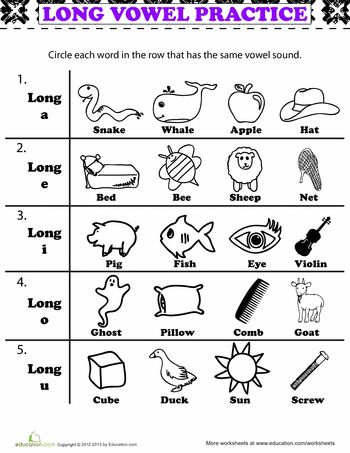 nine0003
nine0003
By the way, the word “notion”, which I used here, does not evoke such emotions. Because it comes from a verb.
– What is wrong with “good time of the day”, “a lot of facts”, “I am like this”?
- All of these phrases sounded good when they were spoken for the first time, but eventually wore out.
- Really annoying - "how much", "m you have prepared various activities for you", "smiled".
- This is simple illiteracy. There are words that cannot be used in the plural - but are used. And in general, no matter how hard the animators try, activities cannot be prepared. In the same list, there is the phrase “You have beautiful hair” - this is the opposite mistake. Yes, hairdressers like to say so - but not only. I myself heard that in the Vologda region they can make a compliment - say: "What a beautiful hair you have." But maybe it really shouldn't be dragged into everyday speech.
The word "exciting" in the meaning of "exciting" is by no means less than a hundred years old. This is acting slang, the same as the expression "I serve in the theater." But people in the public may not like the word. Like the word "masterpiece", because a masterpiece is always unique and priceless and cannot be used as a tuning fork.
The word “smiled” also smacks of an attempt to scale emotions. It seems like it didn’t please and didn’t delight, but just like that, it accidentally smiled. With some stretch, we can say that the joke smiled at that child, but they use something in the meaning of “smiled at me”, and this is no good. nine0003
– Is the combination “deliciously written” (it is on the list) really bad?
- "Tastyly written" - this kinesthetic metaphor looks quite decent, if not abused.
- Phrases, apparently annoying with servile intonations: “What can I do for you?”, “What else for you?”
– The intelligentsia has always been jarred by this picture: a waiter in a rigid deflection and with a towel over his elbow. Here it should be remembered that in the Soviet years we did not have a service as such. The waiters did not have their own tactics and turns. When the time came for high-quality catering and the employees began to be kind, a gap arose in words and expressions. It needed to be filled. You could leave "whatever you want", but replaced it with "what can I do for you." nine0003
Here it should be remembered that in the Soviet years we did not have a service as such. The waiters did not have their own tactics and turns. When the time came for high-quality catering and the employees began to be kind, a gap arose in words and expressions. It needed to be filled. You could leave "whatever you want", but replaced it with "what can I do for you." nine0003
- “On a call”, “I got hooked on this music”, “on the go” - what kind of mistake would you classify?
– Why do people say a deliberately illiterate phrase? First, the regional dialect can manifest itself in this way. Secondly, the preposition "on" has an increased productive activity. Regardless of the content, the phrase is very weighty.
I don’t like the word “chuyka” from the list: it smells like thieves’ slang (by the way, it is not in the dictionaries of prison jargon. – N.A. ). The word "kid", first mentioned in Makarenko's Pedagogical Poem, carries a double load: it is a reference to both age and social status.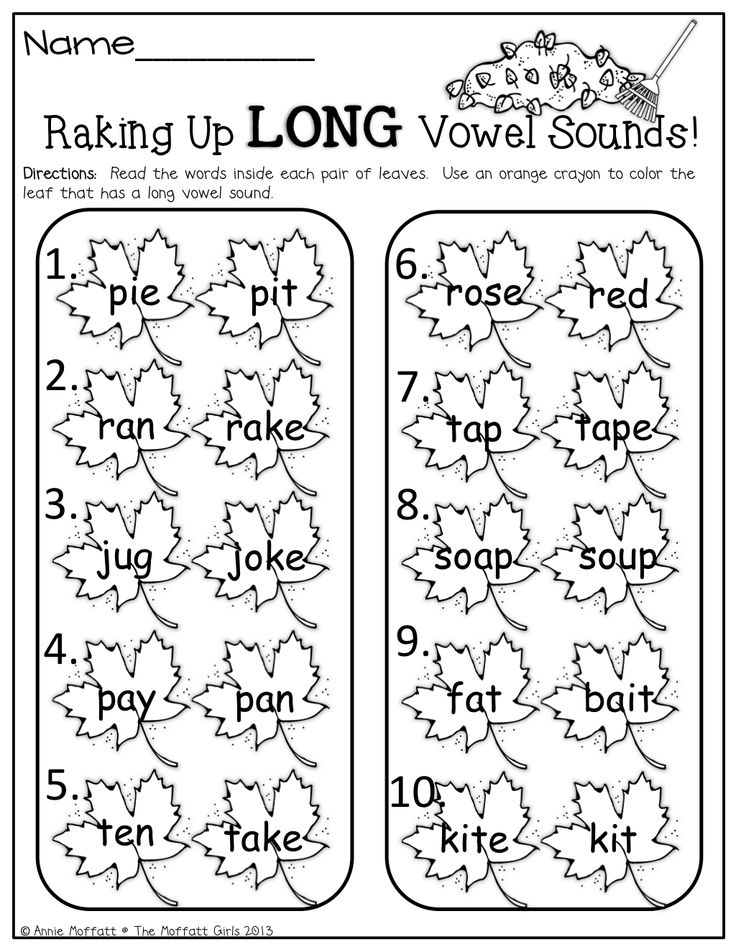 Perhaps it is unpleasant for a student of an academic gymnasium to be called a boy. But in general, the word "kid" has a right to exist.
Perhaps it is unpleasant for a student of an academic gymnasium to be called a boy. But in general, the word "kid" has a right to exist.
- Everyone now says "extreme" instead of "last".
- The expression "extreme" instead of "last" came from superstitious pilots. Now it is actively used by people of peaceful professions: for example, the vice-governor once called the next religious procession the last one, then corrected himself: “Sorry, last one.” Here we have the same "logic of vernacular" as in the case of the stupid verb "sit down." Many are afraid to say "sit down" to avoid jokes about prison topics, and are advised to sit down, although this verb expresses the incompleteness of the action. In a word, everything turned inside out: the normal word began to denote jargon, and the jargon is used in the sense of normal. nine0003
"Hooked on" - comes from the 90s. First there was the expression "sit on the needle." Then the metaphor was expanded: for example, Russia was accused of being hooked on the oil needle.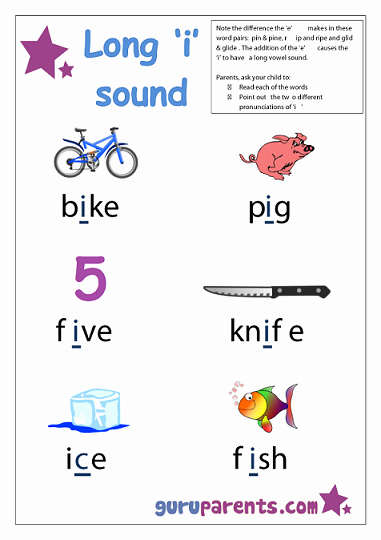 Now no one remembers the needle, but the expression “get hooked” remains.
Now no one remembers the needle, but the expression “get hooked” remains.
– A lot of cute words – “sweets”, “hugs”, “utilizable”, “clever”, “my dear little man”… Although I personally know one brutal Caucasian, who works as an investigator, whose “utibozema” (that is, “Oh my God”) does not leave his tongue. nine0003 - The phrase "I heard you" sounds offensive: like "fuck off." – “I heard you” for me is associated with psychological growth trainings. So psychologists made it clear that they not only caught the words, but penetrated into their deep meaning. In general, terms from psychoanalysis began to be actively added to our speech. The characteristic “he has a lot of complexes” is given automatically, and ask the speaker to name at least one classical complex according to Freud - and he fades away. We also write here the words "sadist" and "masochist", which are used with or without reason, although these are purely psychiatric terms. - But "take a course" (not about the ship) - does it annoy you? – I can't say anything bad about navigation terms. After all, we use the “guiding star” metaphor, and this does not jar on anyone. - There are extra words - "something like this", "bye-bye", "that's all." - I like these rhythmic expressions that sound like a drum roll, even if there are a couple of extra words. The phrase “bye-bye”, of course, is a tracing paper from the English bye-bye. But the very word "bye" in the sense of "until we see you" was the first to be used by Dostoevsky, so all claims are against him. nine0003 – Do you feel the falseness in the words “to be honest”? - "To be honest" - a kind of marker of lies, and some kind of childish one. As well as "between us". I don't need to wrap my sentences around like that if I'm going to tell the honest truth. And “it’s great to be here” sounds escheat and artificial.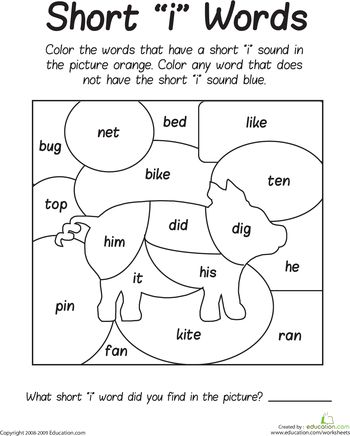
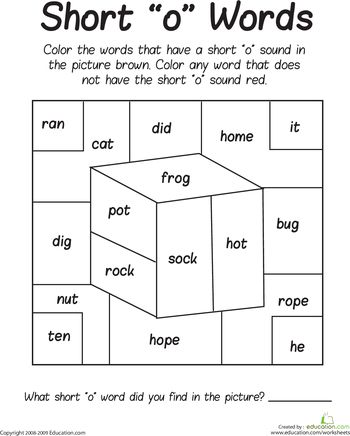
Learn more

